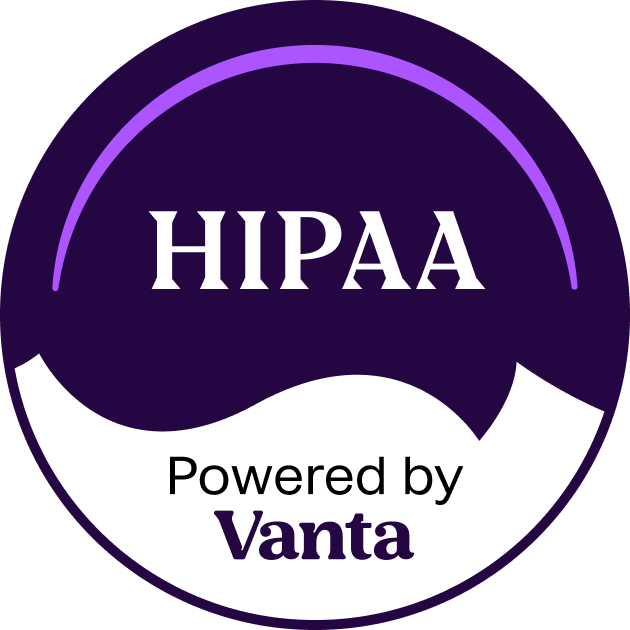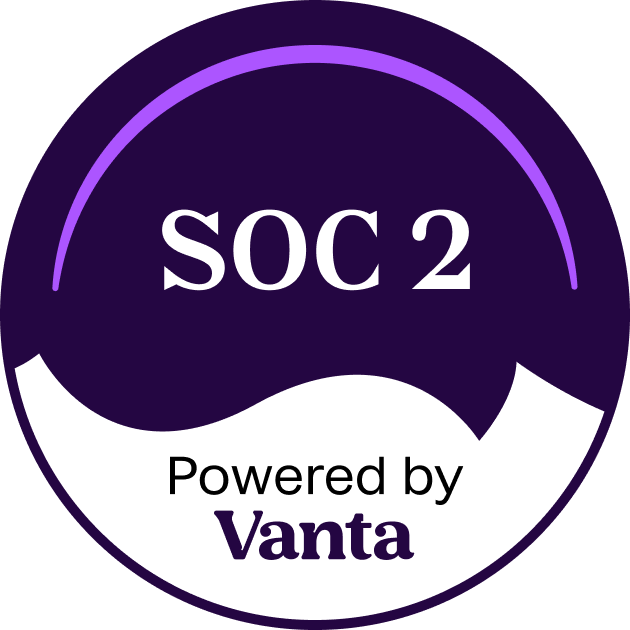How do Cognitive Distortions Influence Drug Use
How do Cognitive Distortions influence drug use?
“Cognitive Distortions.” What an intimidating, negative sounding term. The reality is that all of us have had them, and many of us have behaved in maladaptive ways as a result. A cognitive distortion is a pattern of thinking that is inaccurate, harmful and is reinforced through our interaction with the environment. For a chronic drinker, maybe their distortion is the idea that alcohol has helped them function better in social settings, or has led them to being more well-liked. Is this true? Maybe. But it is also too simplistic. This belief leaves little room for consideration of other factors leading to positive social interactions. The more an individual is validated through positive interactions while under the influence of alcohol and other drugs, the more an individual may be inclined to use drugs or become dependent.
Telling yourself, “I need alcohol in order to have a social life” is a harmful cognitive distortion that can lead to maladaptive behaviors. Since our behavior is largely directed by our beliefs, the more we tell ourselves “You will fit in better tonight if you drink”, the more the thought is tested and proven, and the more we act in accordance to our distortion. An expression often used in Rational Emotive Behavioral Therapy states, “How we think, influences how we feel, which influences how we act.”
Our Language Matters
Modifying vocabulary can help modify beliefs. As a sober person in a social setting where alcohol is present, you may tell yourself “My craving to drink is unbearable, I don’t think I can resist.” Let’s question this belief. Is it difficult to resist? Sure. Unbearable? It might feel that way, but in reality, you can bear it. How you choose to bear or cope is the difference between maintaining sobriety and relapse. The reality is that you have been in difficult or stressful situations before and have managed to abstain from drinking through a variety of coping skills. Over time, the coping skill became drinking alcohol. This was a coping skill, although a harmful one. In recovery, it is vital to find coping skills that work for you, and do away with the maladaptive beliefs and behaviors that influenced drug use. Engaging in positive self talk and acknowledging that sobriety may not always be easy but is an achievable task is a rational and beneficial belief. Instead of using all or nothing words to describe urges to use such as “unbearable” or “insufferable”, try using “uncomfortable” or “unpleasant.”
How to Improve Cognitive Distortions
There are a variety of modes of therapy/self help groups geared around the idea of cognitive distortions. One can engage in Cognitive Behavioral Therapy (CBT) in an individual or group therapy setting or attend SMART Recovery meetings. SMART Recovery is a self help group for individuals seeking recovery from addictions. A major component of SMART is the importance of managing thoughts and feelings in efforts to maintain recovery.
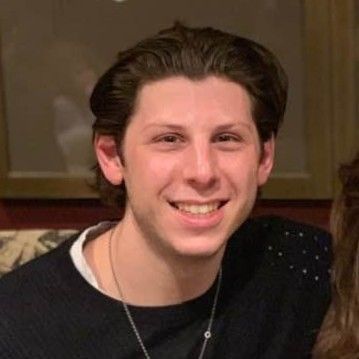
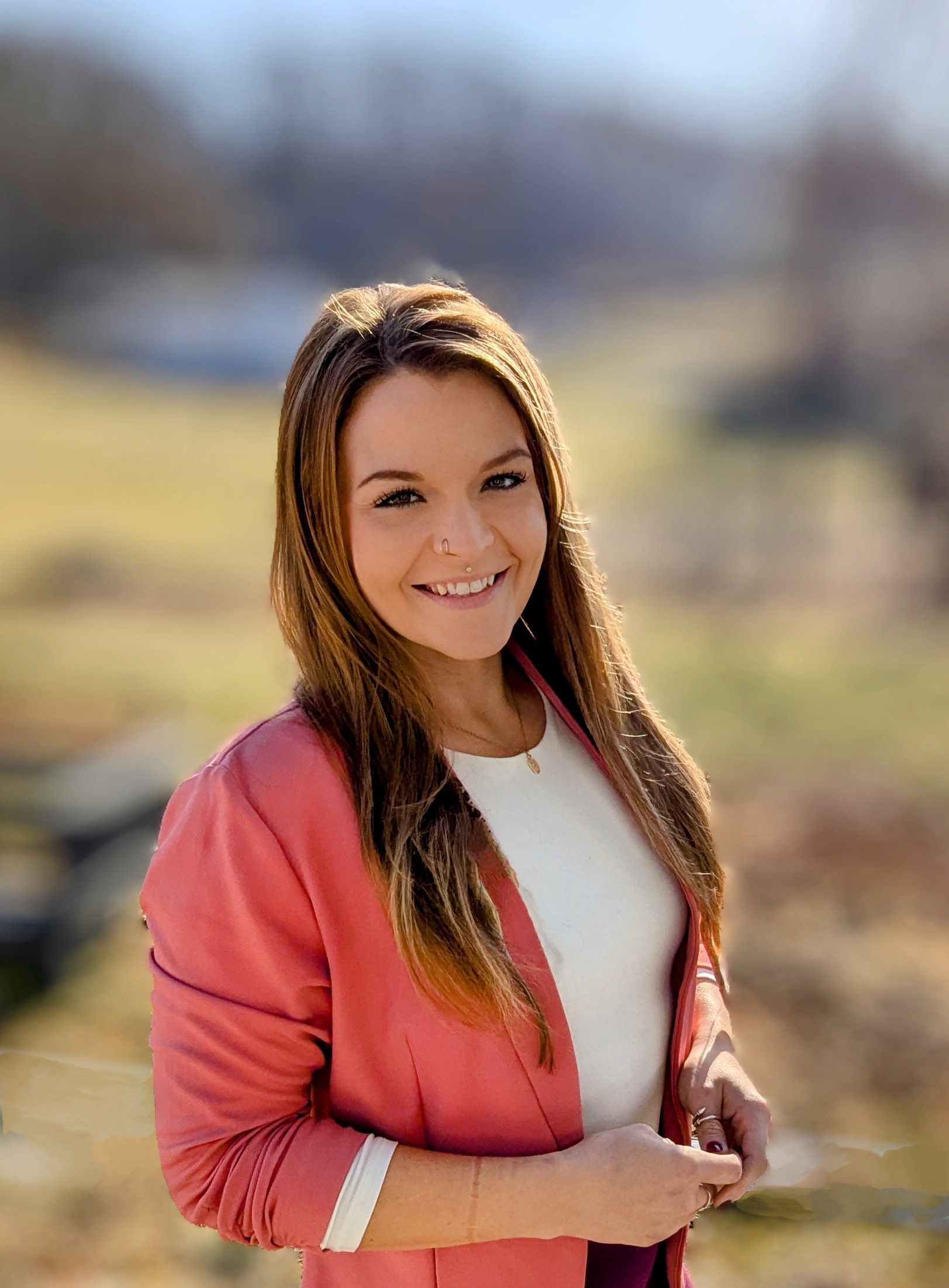
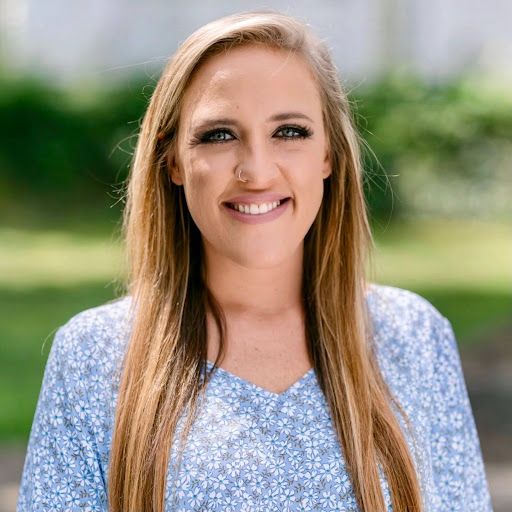
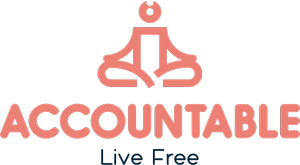
hello@youareaccountable.com
(646) 450-7641
